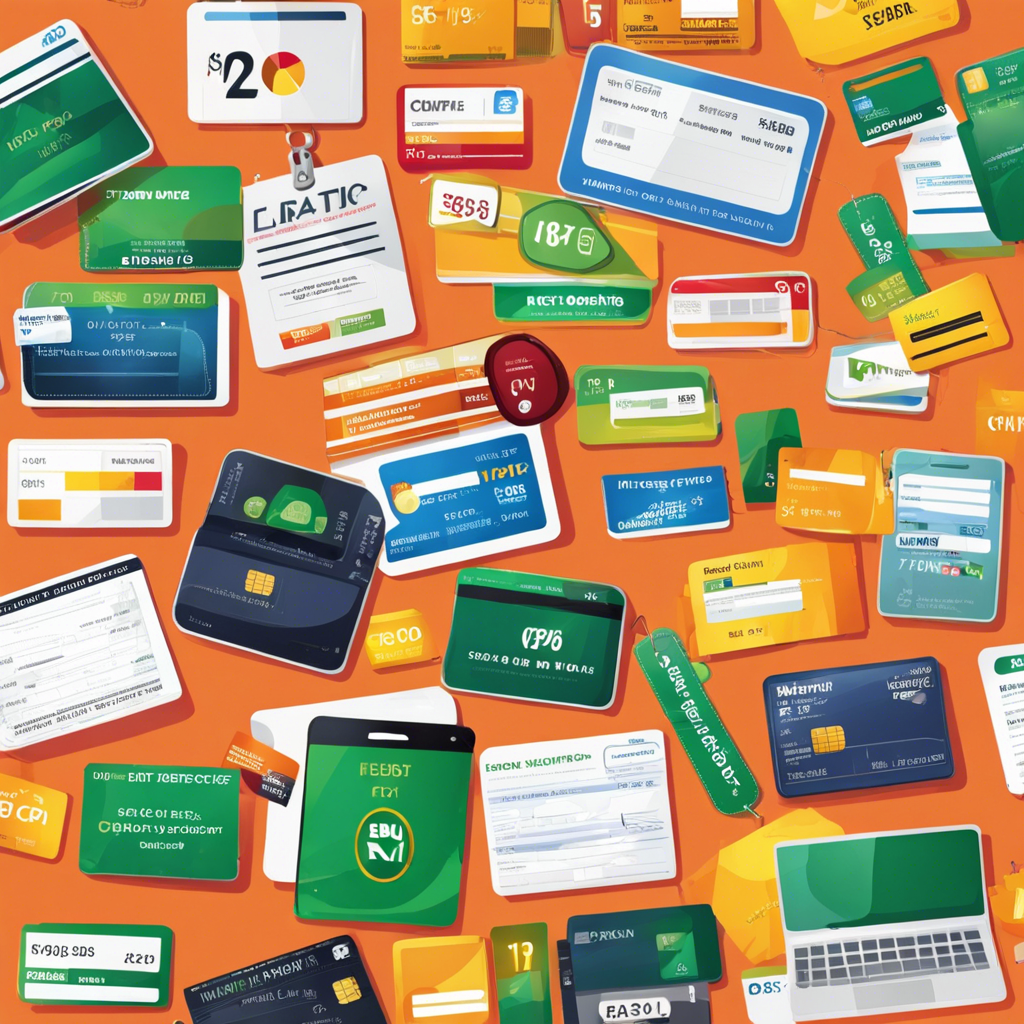Credit scores are three-digit numbers that carry a lot of weight in the financial world. They represent an individual’s creditworthiness and can impact their access to loans, lines of credit, and even certain job opportunities. Understanding what goes into calculating these scores and how to improve them is crucial for financial empowerment.
So, how are credit scores calculated? While there are several credit scoring models, the most commonly used one is the FICO score, which is calculated based on five main factors: payment history (35%), amounts owed (30%), length of credit history (15%), new credit (10%), and credit mix (10%). Payment history refers to whether you’ve paid your bills on time, and it’s the most important factor. Amounts owed take into account your credit utilization ratio, which is the amount of credit you’re using compared to your total available credit. A lower utilization ratio is generally better.
The length of credit history looks at the average age of your accounts, with longer credit histories being favorable. New credit considers the number of recently opened accounts and inquiries on your credit report, as opening multiple new accounts in a short period can be a sign of risk. Finally, credit mix refers to the variety of credit accounts you have, such as credit cards, mortgages, or car loans, with a diverse mix typically being preferable.
Now that we’ve covered the factors that influence credit scores, let’s turn to ways in which individuals can improve theirs. One of the most effective methods is to consistently pay bills on time. Late or missed payments can have a significant negative impact on your score, so setting up automatic payments or reminders can help ensure you never fall behind. It’s also beneficial to keep older credit accounts open, as this extends your credit history and demonstrates longevity in responsible financial management.
Additionally, those looking to improve their credit scores should be mindful of their credit utilization ratio. Aim to use less than 30% of your available credit limit, and if you can, pay off your balances in full each month. This shows lenders that you’re using credit responsibly and can manage your finances effectively. Another strategy is to request a credit limit increase, as this can instantly lower your credit utilization ratio, but be cautious not to increase your spending simultaneously.
For those with a limited credit history or none at all, becoming an authorized user on a family member or friend’s credit card can help build a positive credit history. Ensure that the primary account holder has a good payment history and keeps balances low. Alternatively, you can consider a secured credit card, which requires a cash deposit that serves as your credit limit. Responsible use of a secured card can help build your credit profile and eventually transition to an unsecured card.
Keep in mind that checking your own credit report does not negatively impact your score, so it’s essential to review it regularly for any errors or discrepancies. You’re entitled to a free credit report from each of the three major credit bureaus (Equifax, Experian, and TransUnion) annually through AnnualCreditReport.com. Disputing any inaccuracies can help correct your credit history and potentially boost your score.
Improving your credit mix can also have a positive impact on your score. If you only have credit cards, consider taking out a small personal loan or applying for a store card to demonstrate that you can handle different types of credit responsibly. Just be sure that any new credit applications are necessary, as multiple hard inquiries in a short period can temporarily lower your score. Hard inquiries typically stay on your credit report for two years but only significantly affect your score for the first year.
Lastly, while it may seem counterintuitive, it’s essential to maintain some level of debt. Having no debt or credit history can make it challenging for lenders to assess your creditworthiness, as there’s no track record to refer to. If you’re generally debt-averse, consider taking out a small loan or using a credit card for occasional purchases and paying it off immediately to build a positive credit history.
In conclusion, understanding credit scores is a crucial aspect of financial literacy. By recognizing the factors that contribute to these scores and implementing strategies to improve them, individuals can take control of their financial health and unlock more opportunities for their future. Remember, building and maintaining good credit is a long-term journey, and consistency is vital.
Is there anything else you would like me to add? I can continue writing if you would like more paragraphs.

